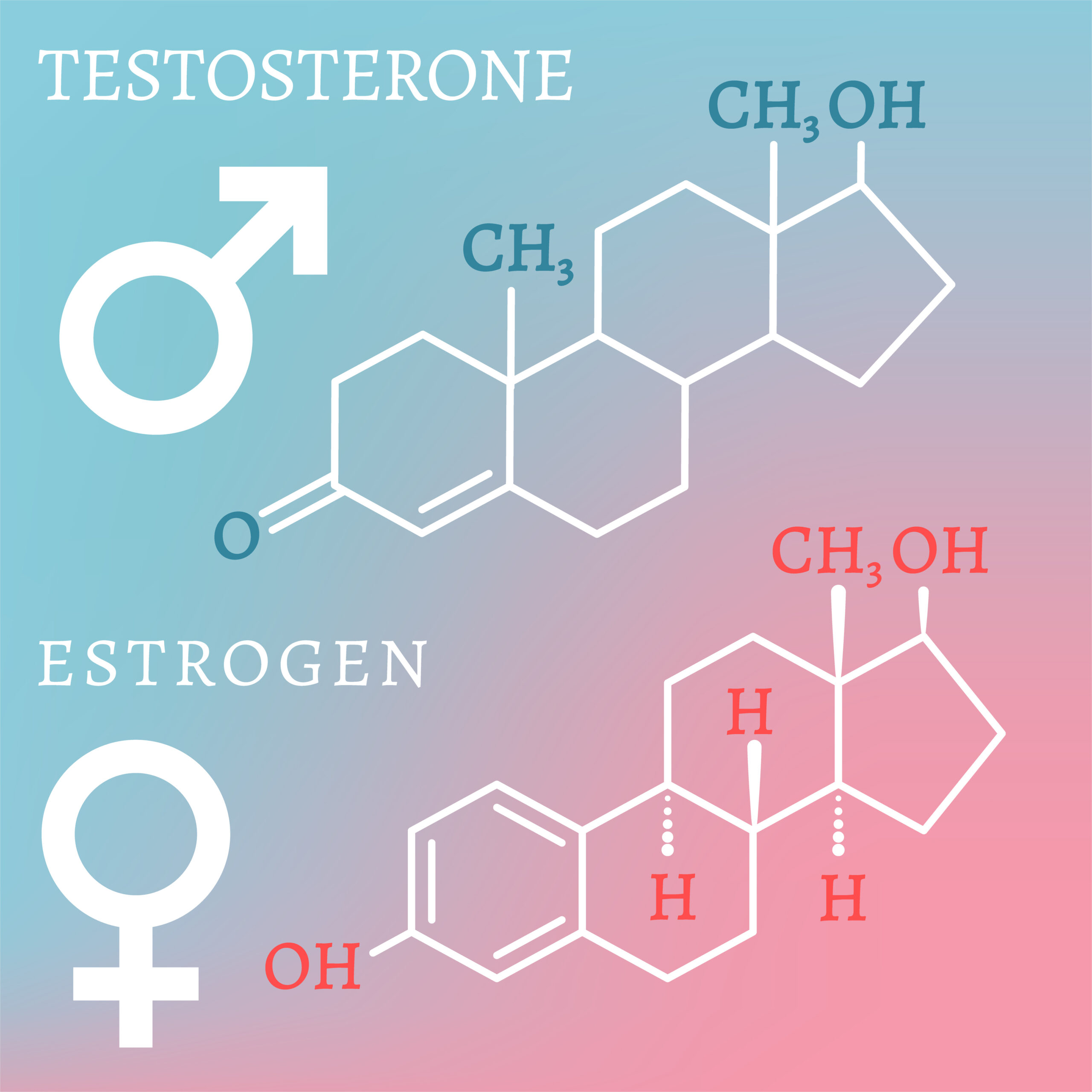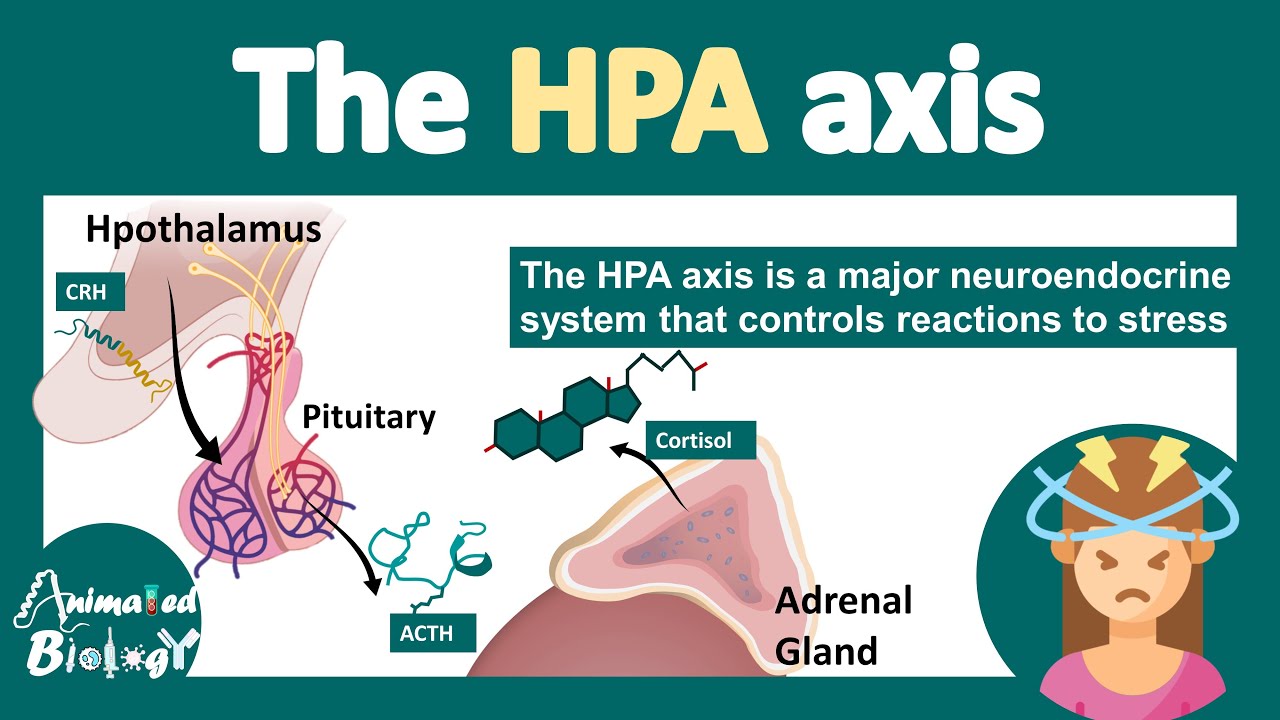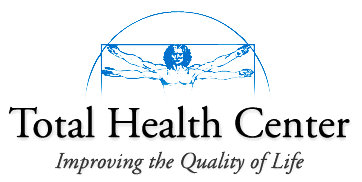Insulin Resistance and Hormone Imbalance
Insulin resistance can significantly contribute to hormonal imbalances in several ways:
- **Impact on Sex Hormones**: Insulin resistance can lead to an imbalance in sex hormones such as estrogen, progesterone, and testosterone. This is because insulin is a major hormone that influences the balance of these minor hormones. When insulin metabolism is disrupted, it becomes challenging for the body to maintain the balance of other hormones. This can result in conditions like estrogen dominance, which is characterized by an excess of estrogen relative to progesterone, and is often seen in women with insulin resistance[1][2].

- **Estrogen Production by Fat Cells**: Insulin resistance often leads to weight gain, particularly around the abdomen. The excess fat cells act as endocrine organs, producing estrogen. This can contribute to a state of estrogen dominance, especially in women, and can exacerbate symptoms during the perimenopausal transition[1][2].
- **Cortisol and the HPA Axis**: Insulin resistance can place stress on the hypothalamic-pituitary-adrenal (HPA) axis, leading to elevated cortisol levels. High cortisol can interfere with the function of estrogen, progesterone, and testosterone, further contributing to hormonal imbalances. This stress can also lead to increased conversion of progesterone to cortisol, resulting in decreased progesterone levels[1][2].

- **PCOS and Other Conditions**: Insulin resistance is a known risk factor for polycystic ovary syndrome (PCOS), a condition characterized by hormonal imbalances, including elevated levels of androgens (male hormones) in women. This condition can result in symptoms such as irregular menstrual cycles, infertility, and hirsutism[1][2][3].
Overall, insulin resistance creates a complex interplay of hormonal imbalances that can affect various aspects of health, particularly in women. Addressing insulin resistance through lifestyle changes and medical interventions can help mitigate these hormonal disruptions.
Citations:
[1] https://hormoneuniversity.com/hormonal-conditions/insulin-resistance-and-hormonal-imbalances/ [2] https://wisewomanwellness.com/hormonal-imbalance-likely-triggered-insulin-resistance [3] https://alphahormones.com/the-role-of-hormone-therapy-in-helping-with-insulin-resistance/the-role-of-hormone-therapy-in-helping-with-insulin-resistance/ [4] https://www.edgepark.com/healthinsights/diabetes-management/navigating-life-with-a-hormone-imbalance-and-diabetes/ [5] https://sahyadrihospital.com/blog/diabetes-and-hormone-imbalance-are-they-linked/